Australia’s peak automotive authority, the Federal Chamber of Automotive Industries (FCAI), is calling on the rest of the state governments to follow NSW’s lead in incentivising electric car adoption, while Nissan, Volkswagen, Hyundai and MG have come out to praise the move.
Announced over the weekend, NSW will wave stamp duty for electric vehicles (EVs) under $78,000 from September this year, expanding to including plug-in hybrids from July 2027.
A $3000 rebate will also apply to the first 25,000 EVs sold from September this year under $68,750, while the state government has committed to increased recharging infrastructure, giving tailpipe emissions-free cars access to transit T2 and T3 lanes, and fully electrifying its fleet by 2030.
However, from July 2027 or when EVs make up 30 per cent of new car sales, a road-user charge of 2.5 and 2.0 cents per kilometre will be applicable for EVs and PHEVs respectively.
This is in stark contrast to Victoria’s EV legislation, which will see a 2.5c/km road-user charge come into effect next month for EVs and PHEVs, despite these models accounting for less than one per cent of the car parc.
FCAI boss Tony Weber said this could be the first step to EV critical mass in Australia, but called on leadership from the federal level.
“The direction being set by the NSW Government has the capacity to kick start serious EV penetration into Australia,” he said.
“The FCAI has consistently advocated for a national approach to these issues that ideally would be federally-led to avoid the prospect of individual state governments introducing their own standards and incentive programs in support of ZLEVs (Zero and Low Emissions Vehicles).
“Consistency is the critical element for Australian customers. If other states introduce their own programs, they must align. Otherwise, the result will be another disjointed and chaotic system like the introduction of different rail gauges across the country.”
_1.jpg)
Meanwhile, Nissan Australia boss Stephen Lester said the knock-on effect of fleet target emissions will mean cheaper second-hand EVs for consumer down the line.
“The announcement of upcoming EV-related taxation reform provides consumers the right balance between EV adoption today, and surety about the future regulatory environment,” he said.
“Additionally, with the announced transition targets for its own fleet, the NSW market will see greater EV uptake because of government purchases, but also will ultimately benefit customers by providing a vibrant second-hand EV market in the years to come.”
Volkswagen Group Australia boss Michael Bartsch said the move by the NSW government is a step in the right direction, but criticised Victoria’s legislation.
“The Berejiklian government has shown its federal colleagues and its counterpart in Victoria the way to bring about mass ownership of affordable electric vehicles,” he said
“While the Victorian Government's vision of progress is to tax EVs while they are less than one per cent of new vehicles sales, it is the lack of national commitment to a Co2 target that has most impeded the case for EV prioritisation
“While the federal government has resolved to address Australia's third world fuel quality, until it and the other state governments emulate the vision of NSW, our country will remain a dumping ground for technology that cannot be sold in advanced countries.”
.jpg)
MG Motor Australia, who offers the most affordable EV on the market with its $43,990 drive-away ZS EV, meanwhile welcomed the incoming incentives.
“This is a vital and welcome initiative from the NSW government to support the continued roll-out of electric vehicles,” said MG Motor Australia and New Zealand CEO Peter Ciao.
“At MG, we believe in ‘Electric For Everyone’, and this government subsidy program will give many more people the chance to experience the benefits of electric motoring for themselves.”
.jpg)
Finally, Hyundai boss John Kett praised the wholistic approach to EV incentivisation, including the commitment to expand recharging infrastructure.
“Significant investment in the charging network, in both urban and regional areas, is a welcome initiative,” he said. “Highly developed infrastructure provides confidence to customers and removes uncertainty around being able to charge EVs away from home.
“Providing stimulus for improving low EV adoption rates in Australia, by offering tax relief and purchase incentives for customers, is another encouraging step. We’ve seen government incentives stimulate adoption rates in advanced markets overseas and the NSW EV Strategy is at world best-practice levels in that regard.”



.jpg)
.jpg)



.jpg)
.jpg)
.jpg)

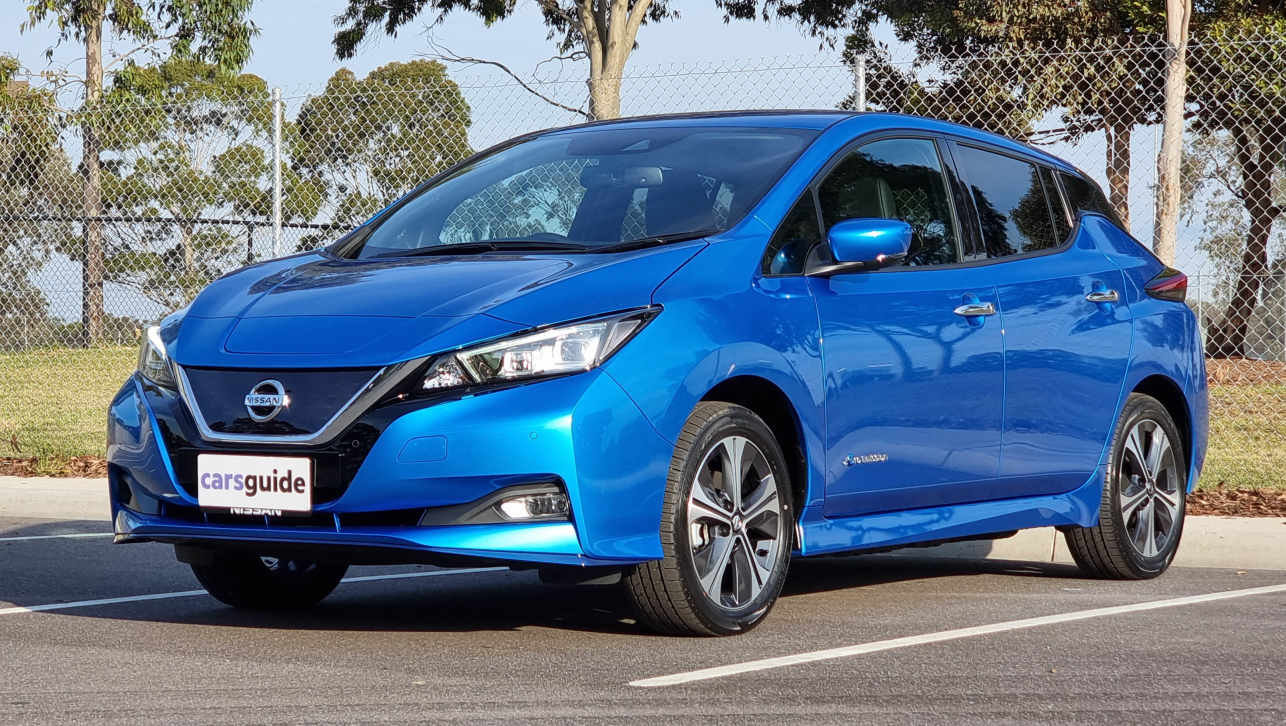
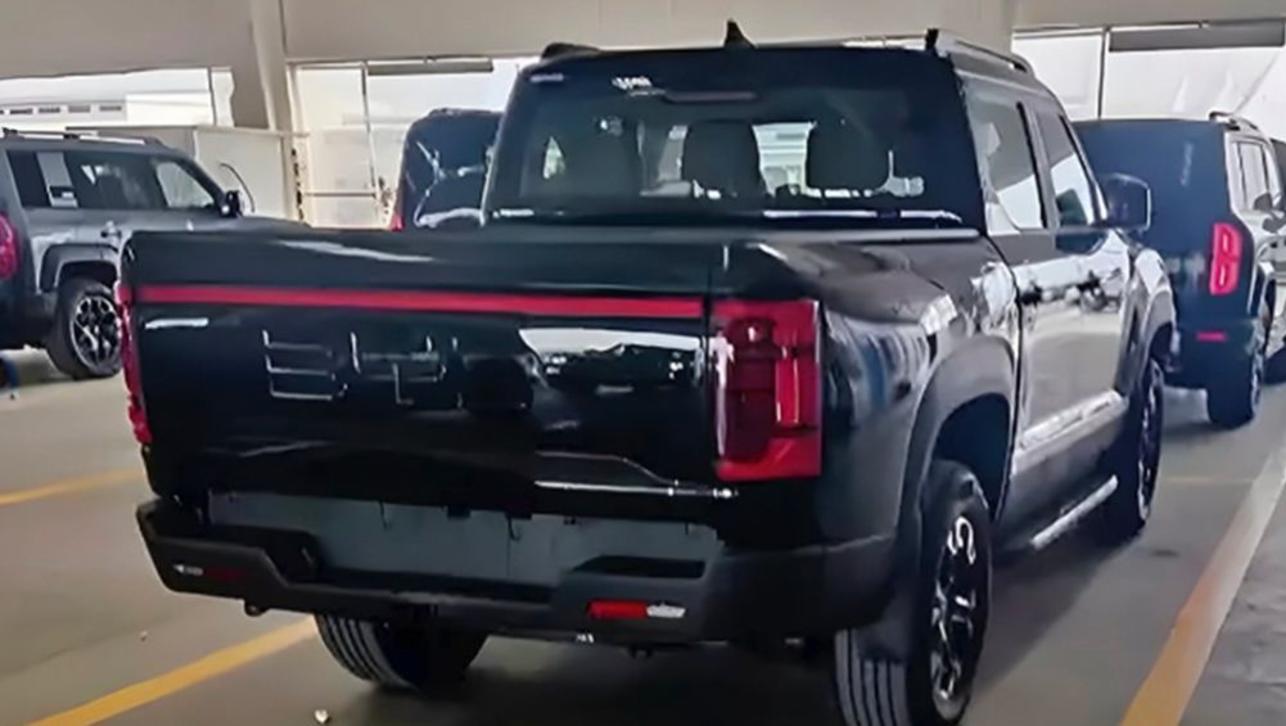
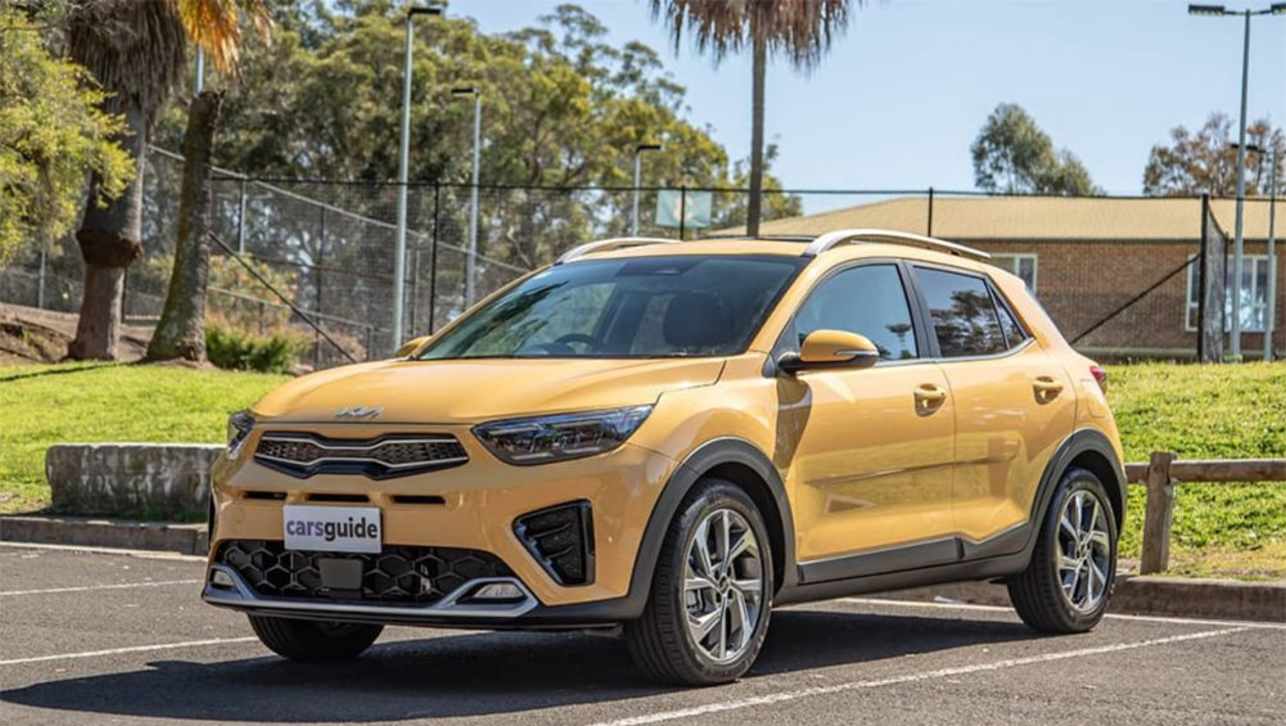
.jpg)

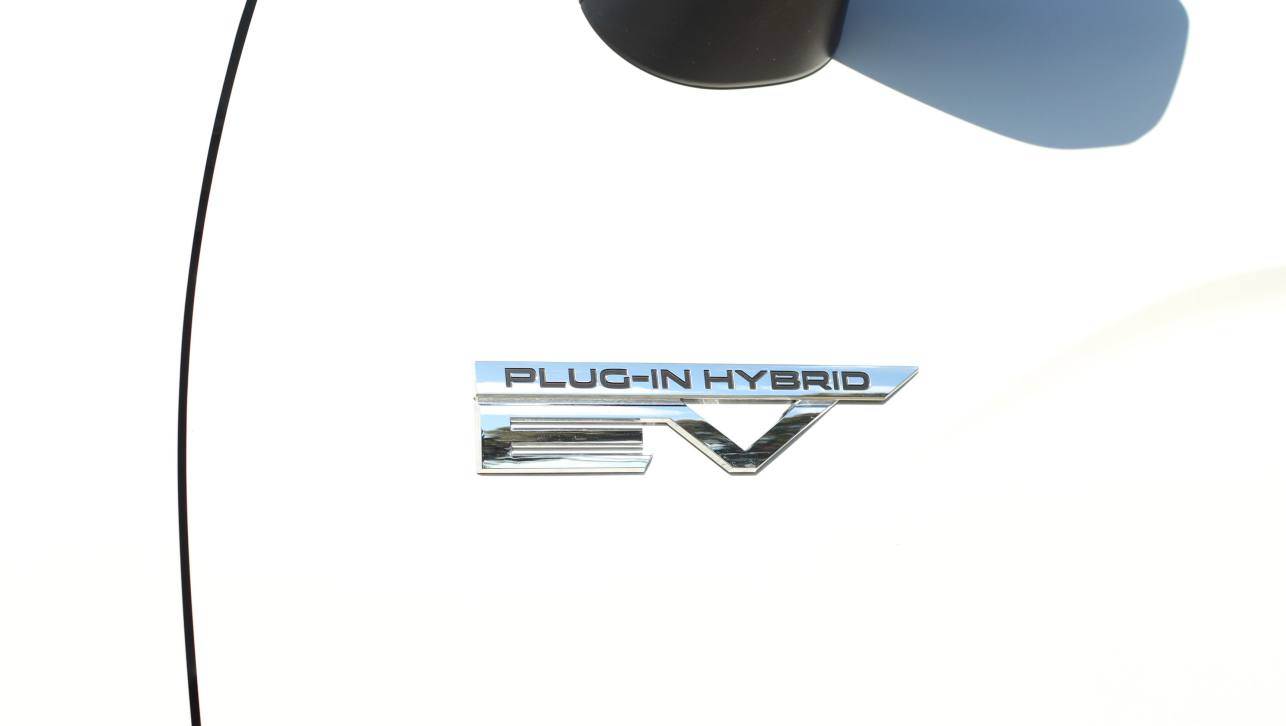
.jpg)


.jpg)
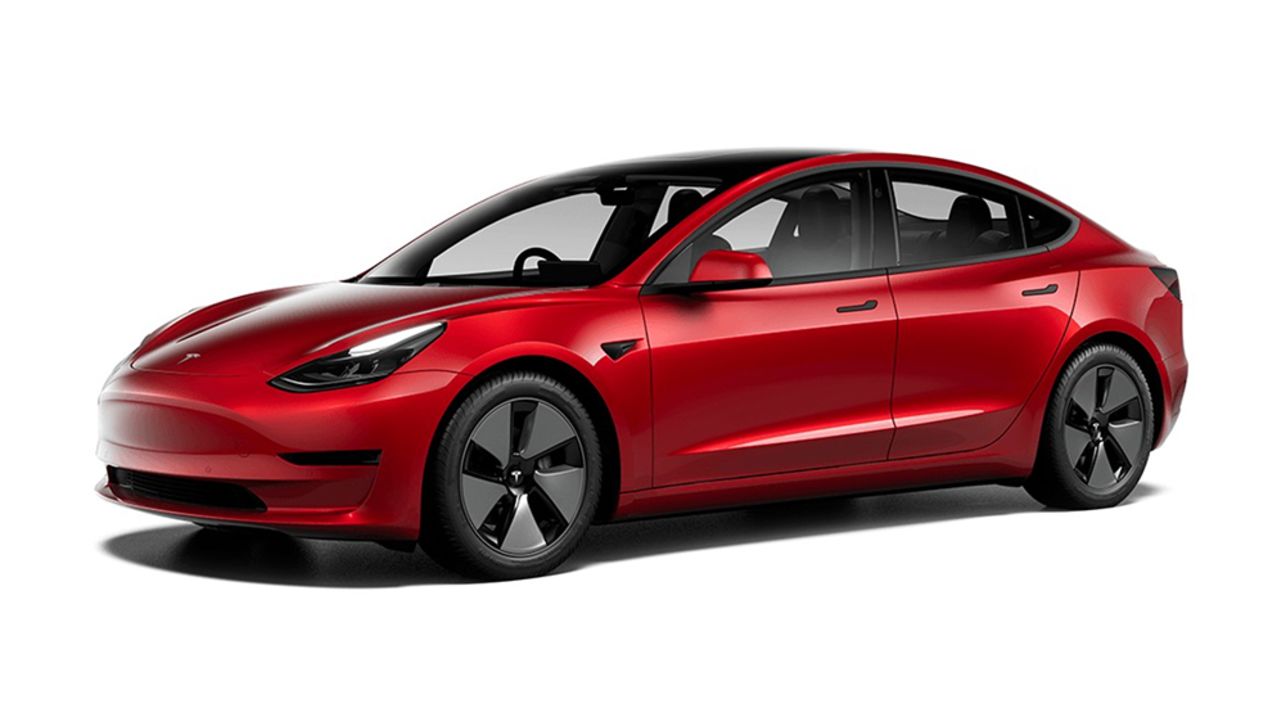

.jpg)


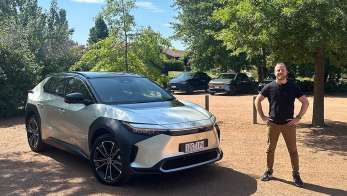
.jpg.jpg)

Comments